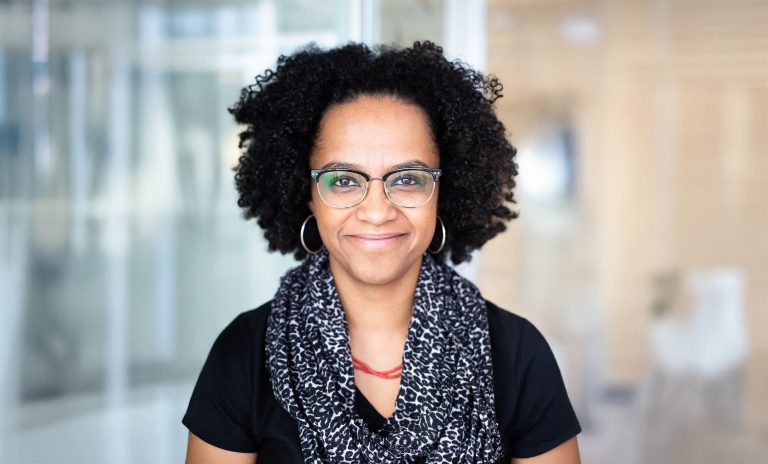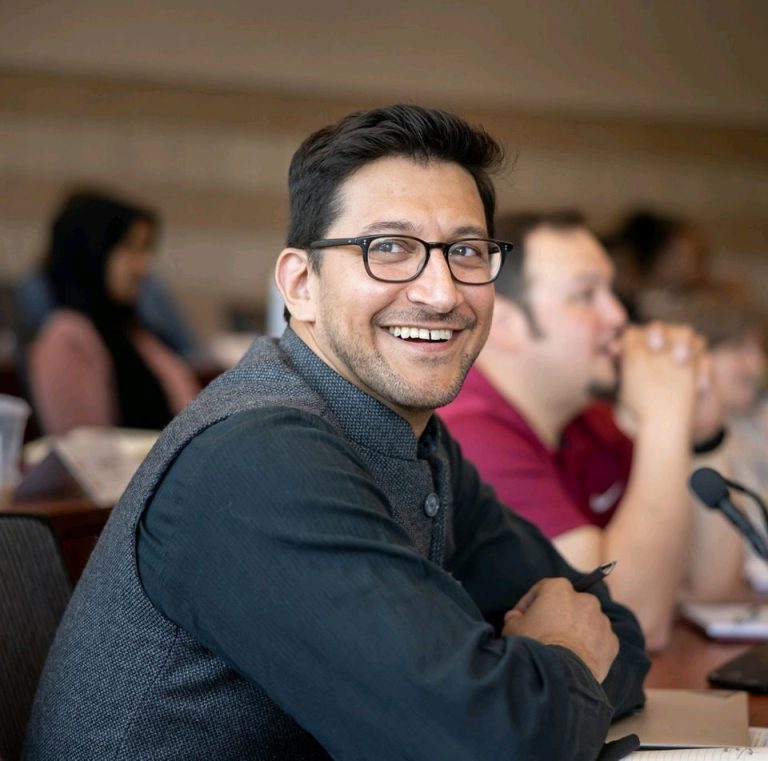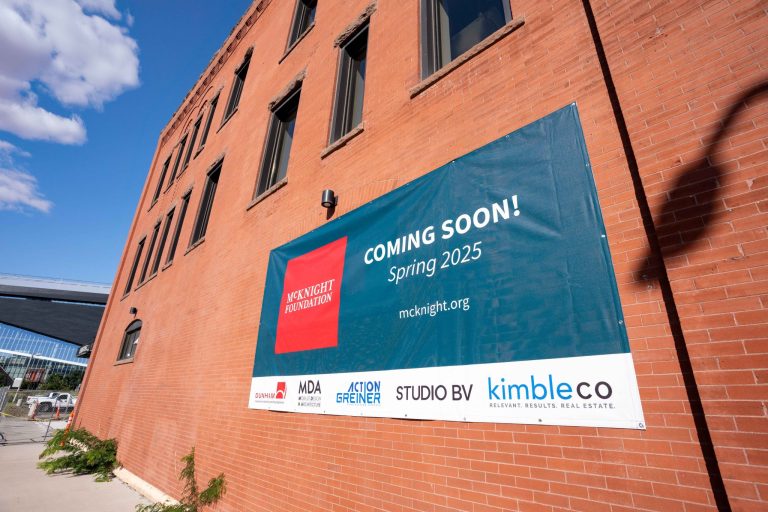Below is an adapted excerpt of a recent memo president Kate Wolford recently prepared for our board of directors about how we think about innovation.
While definitions vary, innovation generally refers to new processes, products, or services that create significant value for end users. The McKnight Foundation’s organizational culture supports an innovation mindset and fosters the conditions for innovation among grantees and collaboratives. You could say innovation is in our DNA, since our founder William L. McKnight led the 3M corporation to become world-renowned for its innovation.
In our 2015-2017 Strategic Framework, we identify innovation as a core value and define it as follows:
We collaborate with others to
test and develop new ideas and pathways
to address complex problems.
The organizational culture and competencies that we nurture support this definition. Virtually everything we do is with and through others. For us, innovation is not an end in itself, but rather a means to increase our impact and contribute to a more resilient and adaptive civic infrastructure in the specific geographies in which we work.
“The organizational culture and competencies that we nurture support this definition. Virtually everything we do is with and through others.”—KATE WOLFORD, PRESIDENT
Collaborate: As a grantmaking foundation, we advance our goals through grant and non-grant assistance to others. How we engage with grantees and how we provide support can greatly inhibit or enhance the ability of a grantee to develop its own innovation mindset and capacity. Long-term, general operating, and non-grant support are often key elements enabling grantees to have a stable operating base from which they can test new ideas and take risks on new ways of working.
It may seem counterintuitive to talk about innovation with a grantee we have supported for 10 or more years, because that organization isn’t new to us. In fact, our stable funding, a trusting relationship that supports grantee risk-taking, and the credibility that McKnight’s support conveys, can meaningfully contribute to a grantee’s capacity to be innovative and try new things. In a strong, mutually respectful relationship, we can encourage, challenge, and even prod one another to think and act differently as we pursue shared goals. This is particularly important for place-based systems change work, which is complex and requires a deep understanding of context.
In addition to collaboration with grantees, the majority of which are nonprofits, we recognize that new ways of understanding and doing often emerge at the intersection of difference. McKnight participates, often as a philanthropic lead, in many cross-sector (public, private, civic), and cross-issue, collaborations. An innovation mindset requires that staff exercise deep curiosity in and beyond their particular programs and areas of expertise so that we can discover opportunities at the intersection of diverse issues, disciplines, and perspectives.
New ideas and pathways: This is consistent with general definitions of innovation as new products, processes, and services that add meaningful value. As indicated above, this is often about fostering the conditions that support grantee innovation and providing philanthropic risk capital. Other times, it is about supporting organizations that are new to us, or ideas/projects that are new to us or new to the field. While the level and types of risk vary, there is generally a higher level of uncertainty and risk associated with the new, and outcomes may differ or fall short of what we anticipate. Using adaptive action, we seek to learn as much from “failure” as from “success.”
Complex problems: We are working to change systems to more equitably and sustainably serve people and the planet. We focus on innovation within complex and interconnected economic, social, and natural systems. Sometimes called “wicked problems,” or “grand challenges,” the issues we work on defy simple and quick solutions. Despite popular mythology that innovation is a eureka moment, it more often emerges from many interrelated, iterative actions. For systems change, it’s critical that we persevere over time even as we may feel impatient to see quick results.
We focus on innovation within complex and interconnected economic, social, and natural systems.
McKnight was among the first foundations to embrace adaptive action and emergent learning as our core organizational approach for working in complexity. Our embrace of adaptive action was incubated in our Collaborative Crop Research Program, which was designed as a collaborative across disciplines, sectors, and geographies. We adopted adaptive action and began to develop foundation-wide competencies with the approach and its tools as part of the Foundation’s first Strategic Framework. Adaptive action supports an innovative mindset, and it is well suited to our work within complex systems.
How do you define innovation? How does your organization foster an innovation mindset? Join our conversation on social media.


